What Happens to Info on Facebook when Someone Dies?
Node Smith, ND
New analysis by academics from the Oxford Internet Institute (OII) predicts the dead may outnumber the living on Facebook within fifty years, a trend that will have grave implications for how we treat our digital heritage in the future.
Analysis predicts at least 1.4 billion members will die before 2100
The analysis predicts that, based on 2018 user levels, at least 1.4 billion members will die before 2100. In this scenario, the dead could outnumber the living by 2070. If the world’s largest social network continues to expand at current rates, however, the number of deceased users could reach as high as 4.9 billion before the end of the century.
Statistics give rise to new and difficult questions around who has the right to all this data?
‘These statistics give rise to new and difficult questions around who has the right to all this data, how should it be managed in the best interests of the families and friends of the deceased and its use by future historians to understand the past,’ said lead author Carl Öhman, a doctoral candidate at the OII.
On a societal level
‘On a societal level, we have just begun asking these questions and we have a long way to go. The management of our digital remains will eventually affect everyone who uses social media, since all of us will one day pass away and leave our data behind. But the totality of the deceased user profiles also amounts to something larger than the sum of its parts. It is, or will at least become, part of our global digital heritage.’
Controlling this archive will control our history
Co-author David Watson, also a DPhil student at the OII, explained: ‘Never before in history has such a vast archive of human behavior and culture been assembled in one place. Controlling this archive will, in a sense, be to control our history. It is therefore important that we ensure that access to these historical data is not limited to a single for-profit firm. It is also important to make sure that future generations can use our digital heritage to understand their history.’
The analysis sets up two potential extreme scenarios, arguing that the future trend will fall somewhere in between:
- The first scenario assumes that no new users join as of 2018. Under these conditions, Asia’s share of dead users increases rapidly to account for nearly 44% of the total by the end of the century. Nearly half of those profiles come from India and Indonesia, which together account for just under 279 million Facebook mortalities by 2100.
- The second scenario assumes that Facebook continues to grow by its current rate of 13% globally, every year, until each market reaches saturation. Under these conditions, Africa will make up a growing share of dead users. Nigeria, in particular, becomes a major hub in this scenario, accounting for over 6% of the total. By contrast, Western users will account for only a minority of users, with only the US making the top 10.
‘The results should be interpreted not as a prediction of the future, but as a commentary on the current development, and an opportunity to shape what future we are headed towards,’ explains Öhman. ‘But this has no bearing on our larger point that critical discussion of online death and its macroscopic implications is urgently needed. Facebook is merely an example of what awaits any platform with similar connectivity and global reach.’
Watson added: ‘Facebook should invite historians, archivists, archaeologists and ethicists to participate in the process of curating the vast volume of accumulated data that we leave behind as we pass away. This is not just about finding solutions that will be sustainable for the next couple of years, but possibly for many decades ahead.’
Predictions based on data from the United Nations
The predictions are based on data from the United Nations, which provide the expected number of mortalities and total populations for every country in the world distributed by age, and Facebook data scraped from the company’s Audience Insights feature. While the study notes that this self-reported dataset has several limitations, this provides the most comprehensive publicly available estimate of the network’s size and distribution.
 Node Smith, ND, is a naturopathic physician in Humboldt, Saskatchewan and associate editor and continuing education director for NDNR. His mission is serving relationships that support the process of transformation, and that ultimately lead to healthier people, businesses and communities. His primary therapeutic tools include counselling, homeopathy, diet and the use of cold water combined with exercise. Node considers health to be a reflection of the relationships a person or a business has with themselves, with God and with those around them. In order to cure disease and to heal, these relationships must be specifically considered. Node has worked intimately with many groups and organizations within the naturopathic profession, and helped found the non-profit, Association for Naturopathic Revitalization (ANR), which works to promote and facilitate experiential education in vitalism.
Node Smith, ND, is a naturopathic physician in Humboldt, Saskatchewan and associate editor and continuing education director for NDNR. His mission is serving relationships that support the process of transformation, and that ultimately lead to healthier people, businesses and communities. His primary therapeutic tools include counselling, homeopathy, diet and the use of cold water combined with exercise. Node considers health to be a reflection of the relationships a person or a business has with themselves, with God and with those around them. In order to cure disease and to heal, these relationships must be specifically considered. Node has worked intimately with many groups and organizations within the naturopathic profession, and helped found the non-profit, Association for Naturopathic Revitalization (ANR), which works to promote and facilitate experiential education in vitalism.
Node Smith graduated from the National University of Natural Medicine (NUNM) in 2017, and is currently licensed as a naturopathic physician in Oregon and working towards becoming licensed in Saskatchewan, Canada as well.









